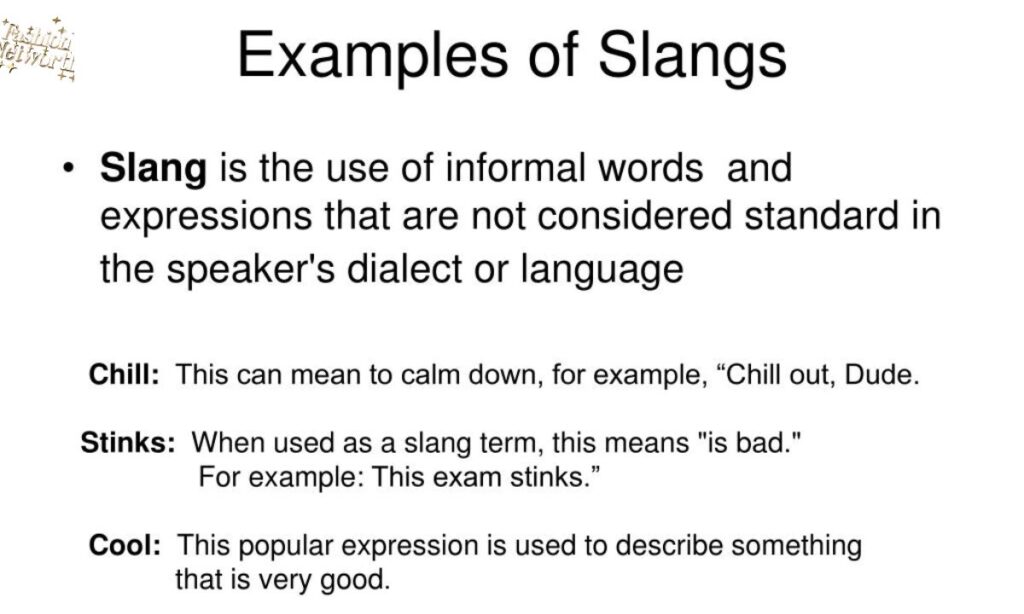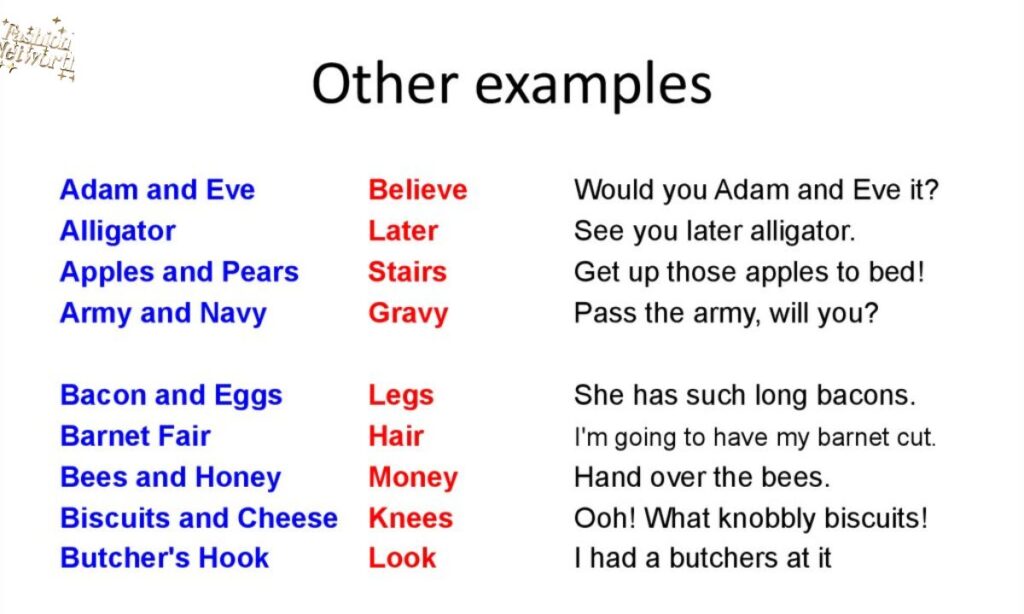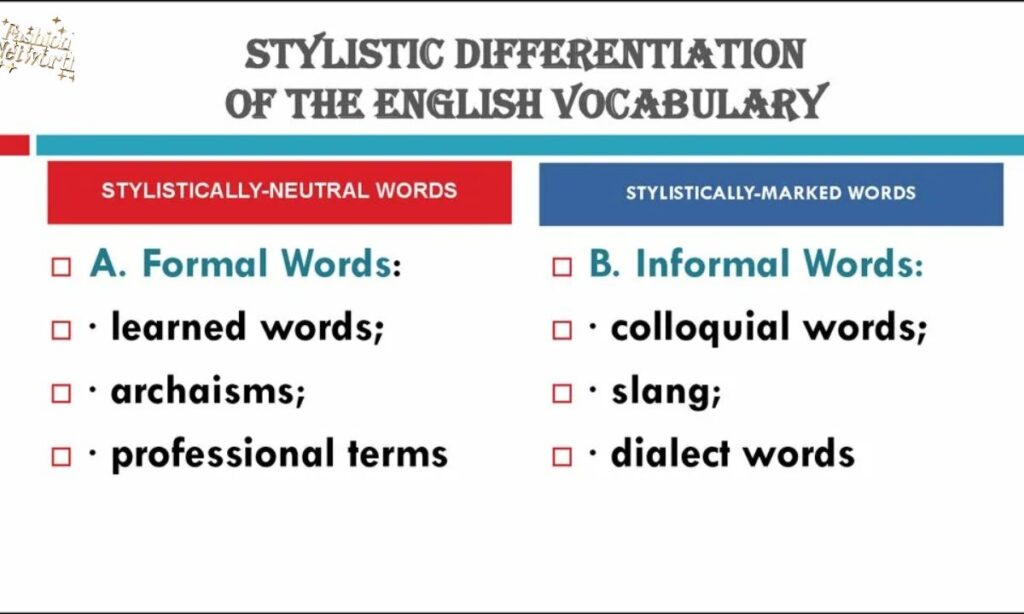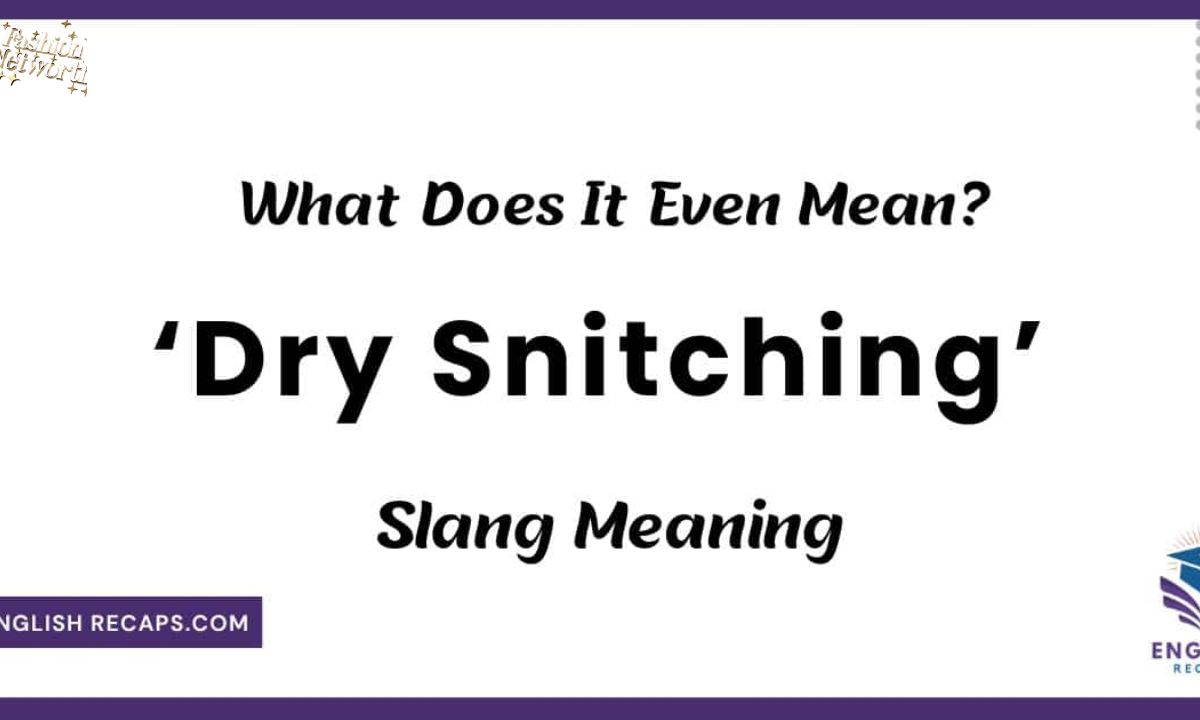Dry snitching refers to indirectly informing someone without naming them. It involves hinting at another person’s wrongdoing.
This sly tactic allows the informant to avoid direct accusations. Understanding dry snitching is essential in navigating social interactions.
What Does It Even Mean?
Dry snitching refers to indirectly informing someone without naming them. It’s a subtle way of hinting at someone’s wrongdoing, often leading others to conclude.
This form of informing allows people to convey information while maintaining a façade of innocence. It’s often seen in various social interactions, making it a common yet sneaky tactic.
Understanding the Slang: What is ‘Dry Snitching’?

Dry snitching involves dropping hints about someone’s actions or behaviors. Instead of directly accusing someone, the dry snitch hints at the information.
This method allows the snitch to escape blame while getting their point across. It’s not outright tattling but can lead to serious consequences for the person being hinted at.
Origins of ‘Dry Snitching’: A Cultural Perspective
The term “dry snitching” has roots in communities where loyalty is key. It likely originated in environments where direct accusations could lead to severe repercussions.
In prisons or close-knit neighborhoods, being labeled a snitch could be dangerous. Dry snitching emerged as a way to address issues without risking personal safety or reputation.
‘Dry Snitching’ vs. Snitching: Distinguishing the Differences

The intent is obvious. The accused faces immediate consequences. This method leaves no ambiguity.
Direct Tattletaling: Traditional ‘Snitching’
Traditional snitching is straightforward. It involves directly naming the person involved in the wrongdoing. For instance, saying, “John stole my lunch” leaves no ambiguity. The intention is clear, and the consequences are immediate. This form of informing is explicit and leaves no room for doubt.
The Indirect Approach: How ‘Dry Snitching’ Operates
In contrast, dry snitching operates subtly. It involves making comments that imply wrongdoing without naming anyone. This indirect method allows the informant to maintain plausible deniability.
For example, saying, “It’s surprising how some people always seem to be ‘busy’ during deadlines” hints at someone’s lack of productivity without naming them.
Common Scenarios Where ‘Dry Snitching’ Occurs
Dry snitching can occur in various contexts. Here are some common scenarios:
- In the Workplace: A colleague may hint that someone is frequently absent from meetings without naming them.
- Among Friends: A friend might make a vague comment about someone’s behavior, prompting others to speculate.
- In Families: Siblings may comment on missing items in a way that suggests someone took them.
- In Classrooms: A student could make a remark about a classmate’s grades, hinting at potential cheating.
- On Social Media: A cryptic post can call out someone’s actions without directly naming them.
Read This Blog:Emma Navarro Age: Everything You Need to Know Now
The Ethics of ‘Dry Snitching’: Is It Ever Justifiable?
The ethics of dry snitching are complex. Some argue it can be justified in certain situations, while others believe it erodes trust.
Workplace Dynamics and ‘Dry Snitching’
In the workplace, dry snitching can have both positive and negative effects. It can highlight issues without confrontation. However, it can also create an atmosphere of suspicion.
Pros of Workplace Dry Snitching:
- Addresses Issues: It can bring attention to problems without direct conflict.
- Protects the Informer: It shields the snitch from potential retaliation.
- Promotes Awareness: It can alert management to ongoing issues.
Cons of Workplace Dry Snitching:
- Erodes Trust: It can damage relationships between colleagues.
- Creates Tension: An atmosphere of suspicion can lead to workplace drama.
- Unprofessional Behavior: It may be viewed negatively by management.
Social Settings and the Impacts of Informing Indirectly
In social settings, dry snitching can also have significant impacts. It can be a way to address harmful behavior without confrontation.
Potential Justifications for Social Dry Snitching:
- Protects Friends: It can help friends avoid harmful situations.
- Encourages Accountability: It may prompt someone to change their behavior.
- Maintains Harmony: It can prevent direct conflicts in friend groups.
Negative Impacts of Social Dry Snitching:
- Breakdown of Trust: It can lead to suspicion and mistrust among friends.
- Gossip Culture: It may foster a toxic environment filled with rumors.
- Passive-Aggressive Dynamics: It often leads to indirect conflict rather than resolution.
‘Dry Snitching’ in Pop Culture and Media
Dry snitching has permeated pop culture and media, illustrating its relevance in society.
Music: The Beat of Betrayal
In hip-hop, dry snitching is often referenced. Artists use lyrics to address loyalty and betrayal. The theme resonates deeply within communities that value trust.
Television: Drama in the Details
TV dramas frequently depict dry snitching as a plot device. Characters engage in subtle informing, creating tension and drama in the storyline.
Social Media: The New Frontier of Indirect Informing
Social media platforms are rife with dry snitching. Vague posts and subtweets allow users to call out others without confrontation. This form of indirect communication has become commonplace.
Movies: The Big Screen Snitch
Movies often portray dry snitching as a way to build suspense. Characters drop hints and make suggestive comments, revealing deeper motives and conflicts.
How to Respond If You’re a Victim of ‘Dry Snitching’

If you find yourself a victim of dry snitching, here are some strategies:
Stay Calm and Assess the Situation
Take a moment to evaluate what happened. Understand the context and the motivations behind the dry snitching.
Gather Evidence
Document instances of dry snitching. This could include screenshots of social media posts or notes about specific comments.
Confront the Issue Directly (If Safe and Appropriate)
If you feel safe, consider addressing the individual. Have a private conversation to express your feelings.
Speak to a Higher Authority if Necessary
In a workplace context, consider discussing the issue with HR or a supervisor if it creates a hostile environment.
Read This Blog:Irvin Salinas Net Worth 2024 – See His Impressive Wealth
Strengthen Your Position
Build relationships and be transparent about your actions. This can help prevent future dry snitching.
Don’t Stoop to Their Level
Avoid retaliating with your dry snitching. Focus on maintaining your integrity.
Seek Support
Talk to trusted friends or family about the situation. Seeking support can help you navigate your feelings.
Navigating the Murky Waters of Dry Snitching

Understanding dry snitching is crucial in today’s interconnected world. It allows us to recognize when it’s happening and how to respond. We can create environments where indirect informing is unnecessary by fostering open communication.
Frequently Asked Questions
What does dry snitching mean?
Dry snitching means indirectly informing someone without explicitly naming them.
Is dry snitching a form of gossip?
Yes, dry snitching is often considered a form of gossip, as it involves hinting at someone’s actions without direct accusation.
Can dry snitching be justified?
In some cases, dry snitching may be seen as justifiable, especially if it addresses harmful behavior without confrontation.
How can I deal with dry snitching?
Stay calm, gather evidence, and consider addressing the issue directly. Seek support if needed.
What are the impacts of dry snitching in social settings?
Dry snitching can lead to mistrust, gossip, and passive-aggressive dynamics among friends.
Conclusion
Dry snitching is a complex social behavior that can occur in various contexts. Understanding its meaning, origins, and implications can help us navigate our interactions.Clear communication is often the best way to address issues in the workplace or social settings.
By fostering a culture of openness, we can minimize the need for indirect informing and build stronger, more trusting relationships.

Hayyat is a talented content writer and digital marketer with expertise in SEO, social media management, and online marketing. She excels at creating impactful, data-driven content to help businesses connect with their target audience and achieve measurable outcomes.














